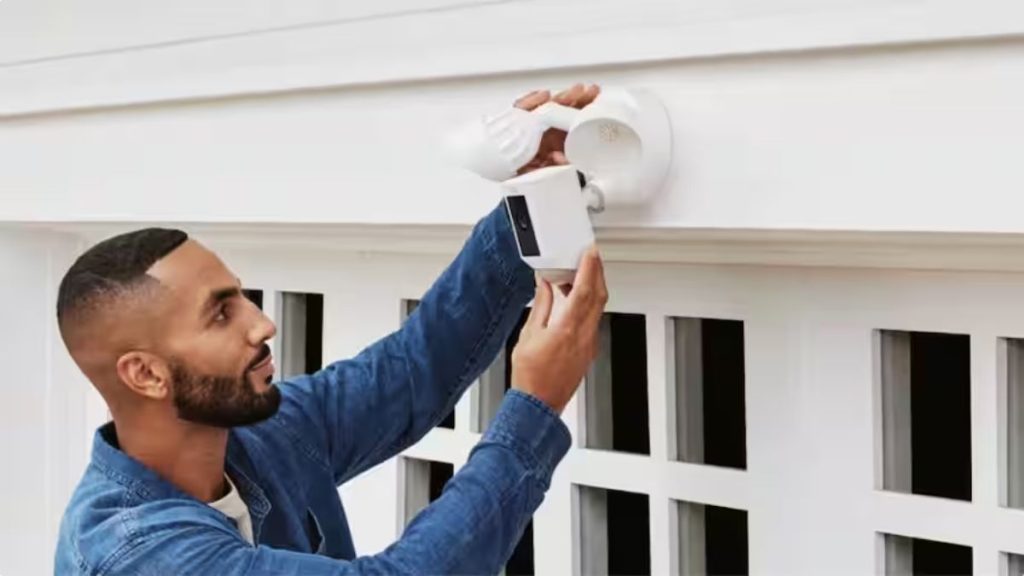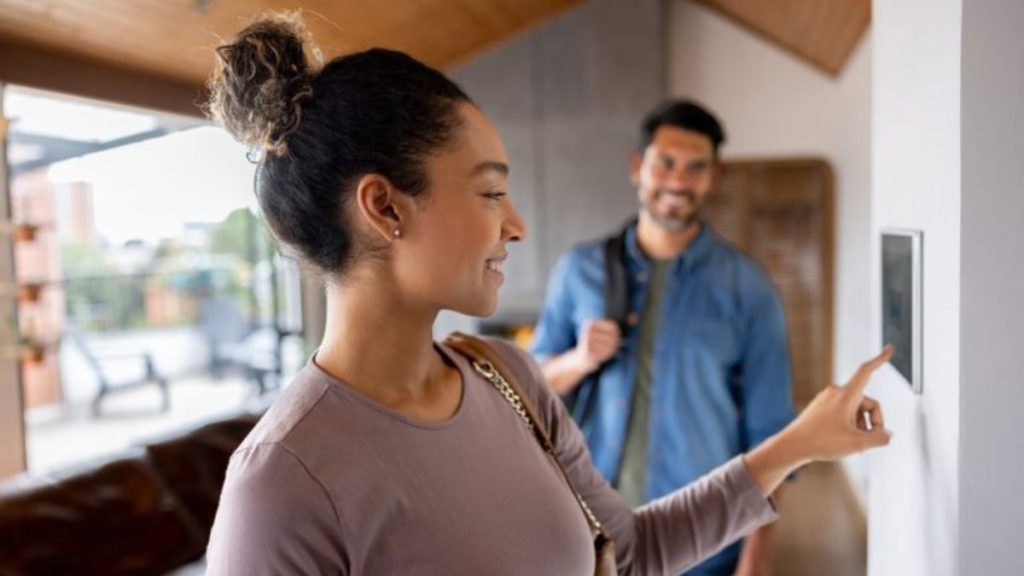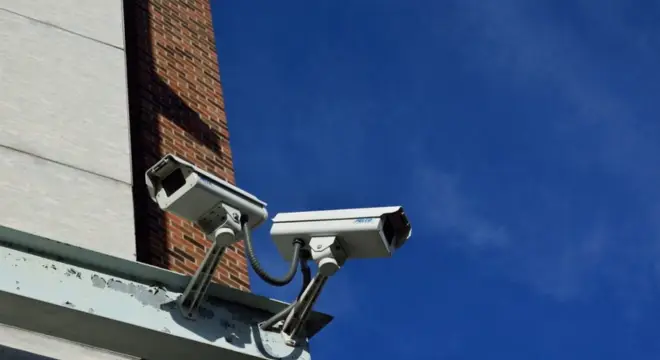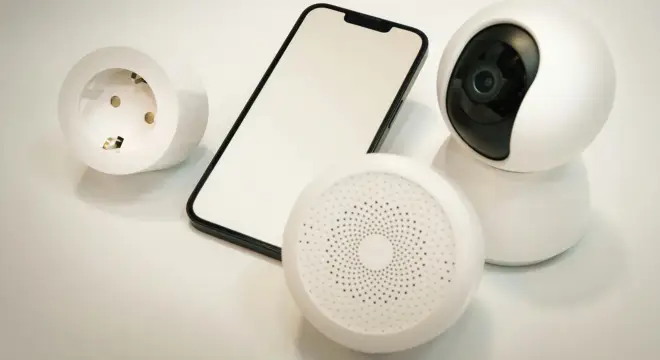Apartment Robbed Days After Boyfriend’s Visit—Now He’s Missing
Home should be the one place where you feel secure — a private space protected from outside threats. But what happens when the danger doesn’t come from a stranger, but from someone you’ve let in willingly? In today’s hyperconnected world, where relationships often evolve quickly and trust is offered faster than locks are changed, our emotional decisions can quietly open doors to real-world risks.
This article explores the often-overlooked intersection between trust and home security, revealing how personal relationships can unexpectedly compromise the safety of your living space. Based on a real-life case that recently caught national attention, we’ll discuss what went wrong, and more importantly, what homeowners and renters can learn from it.
The Real-Life Incident: Trust That Led to a Break-In
In a disturbing case that originated from a Reddit confession and later gained national coverage, a woman shared that she suspected her boyfriend might have been involved in the robbery of her own apartment — just days after he visited. The two had only been dating for a short time. But following their last encounter, she returned home to find her place ransacked, with multiple valuables missing.
According to a Reddit Post, the woman detailed how the man became unreachable shortly after the break-in, raising suspicion that he may have used their personal connection to scope out her home and execute or assist in the burglary.
This story triggered widespread concern online, not just because of the betrayal, but because of how quickly personal access was granted — and exploited. It wasn’t a stranger who bypassed her locks or broke a window. It was someone who had been welcomed in through the front door.
Emotional Trust vs. Physical Security
It’s easy to assume that home invasions involve masked intruders or professional criminals. But as this case shows, the most dangerous threats can come from people we trust — partners, acquaintances, or even friends. Emotional trust, while vital for relationships, can often bypass our internal “security systems.”
When we invite someone into our personal space, we unknowingly expose far more than just the contents of our home:
- They learn your schedule — when you’re home and when you’re not.
- They observe your routines — whether you lock windows, use security systems, or hide a spare key.
- They may even gain access to passwords, alarm codes, or building entry systems.
This isn’t just a rare exception — it’s a real and growing concern in modern home security. That’s why it’s critical to consider not just who you let in emotionally, but how you manage physical access to your space. Trust should never replace proper safety protocols.
How to Strengthen Home Security Against Personal Risks

When it comes to protecting your home, technology alone isn’t enough — especially if emotional connections are involved. That’s why modern home security must account for both physical access and personal boundaries. Below are smart, practical ways to secure your space from risks that come not just from the outside world, but from the inside too.
1. Use Smart Locks with Access Logs:
Instead of traditional keys, install smart locks that let you:
- Create unique entry codes for each visitor.
- Monitor who enters and exits your home — and when.
- Immediately revoke access if someone becomes untrustworthy.
Many of these locks integrate with mobile apps, so you can control access even when you’re not home.
2. Install Indoor Security Cameras (Ethically and Legally):
Discreet indoor cameras can act as both a deterrent and evidence collector:
- Position them in shared areas like entryways or living rooms.
- Choose models that offer cloud storage and live alerts.
- Make sure to disclose them if others are living with you, in accordance with privacy laws.
3. Keep Your Private Life, Private:
Avoid oversharing personal information with new acquaintances:
- Don’t disclose your address too early in a relationship.
- Be mindful of sharing your daily schedule or travel plans.
- Turn off location tagging on social media posts until after you’ve returned home.
4. Change Access Codes Regularly:
Even if you trust someone today, your security should be built for tomorrow. Rotate your:
- Smart lock codes.
- Building intercom pins.
- Garage keypads or alarm codes every few months — or after a breakup.
5. Create a Home Access Audit:
Maintain a personal log of:
- Who has access to your home.
- When codes or keys were last shared.
- Who needs to be removed from your list.
This isn’t paranoia — it’s proactive peace of mind.
While securing your home emotionally, don’t forget the importance of legal home improvements. Florida’s new bill simplifies permits for security upgrades, making it easier to protect your space.
Setting Boundaries: Emotional Safety Meets Physical Safety
Too often, people feel guilty about setting boundaries when trust is involved — but boundaries are essential. Being cautious with your space doesn’t make you unkind; it makes you careful.
Here’s how to maintain healthy security boundaries in personal relationships:
- Take your time before giving out keys or codes — trust should be earned, not assumed.
- Communicate your safety standards early. A respectful partner will understand and support your need for privacy.
- Watch for red flags, like someone dismissing your need for home protection or pushing to visit uninvited.
- Trust your gut. If something feels off, don’t ignore it.
Ultimately, the goal isn’t to isolate yourself — it’s to ensure that your openness doesn’t cost you your security.
When Trust is Broken: What to Do After a Security Breach

If you suspect that someone close to you may have compromised your home’s safety, don’t wait for confirmation — take immediate steps to regain control and protect your space.
1. Change Locks and Codes Immediately:
Whether it’s smart locks, keypad entries, or physical keys, reset or replace all access points. Even if you’re unsure of their involvement, it’s better to be proactive than vulnerable.
2. Document and Report Everything:
If you believe a crime has occurred:
- Contact your local authorities and file a report.
- Take photos of any damage or missing property.
- Compile a timeline of interactions and visitors — this may support an investigation.
3. Review and Upgrade Your Security System:
A break-in — especially one involving someone you know — is often a wake-up call to improve your defenses. Consider:
- Installing or upgrading surveillance systems.
- Using motion-sensor lighting and alarms.
- Monitoring access remotely via mobile apps.
4. Address the Psychological Impact:
Security breaches aren’t just physical — they affect your peace of mind. Don’t hesitate to:
- Speak with a counselor or therapist.
- Re-establish a sense of control by actively rebuilding your security setup.
- Limit future access to only those with a proven history of respect and trust.
Final Thoughts
This case is more than just a viral Reddit story — it’s a reminder that home security isn’t just about cameras and locks, it’s about boundaries, awareness, and the courage to protect your space, even from those close to you.
It’s easy to let your guard down in the comfort of your home, especially when emotions are involved. But true home security means balancing openness with caution. Relationships should never override your right to safety.
At BuildLikeNew, we encourage readers to see home protection not just as a checklist of gadgets, but as a lifestyle rooted in awareness, preparation, and empowerment. Your home should be your sanctuary — and it starts with making intentional choices about who enters, how they access it, and how you protect it after they leave.
Want to take control of your home’s safety — both physically and emotionally? Stay informed and protect what matters most. For expert-backed home security tips, improvement guides, and real-life safety insights, visit our website BuildLikeNew.
Disclaimer: This article is intended for informational purposes only and does not constitute legal or professional advice. If you suspect criminal activity or are facing a personal security concern, please contact your local law enforcement or a certified security professional. The story referenced is based on publicly available reporting and may not reflect the full details of the incident.


